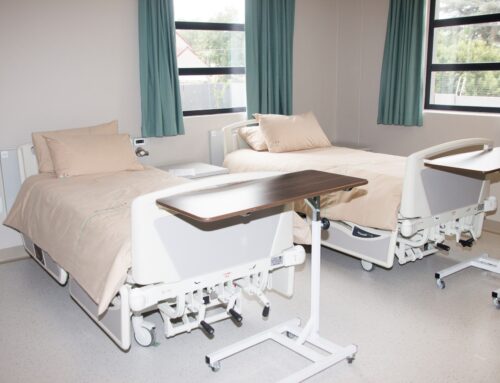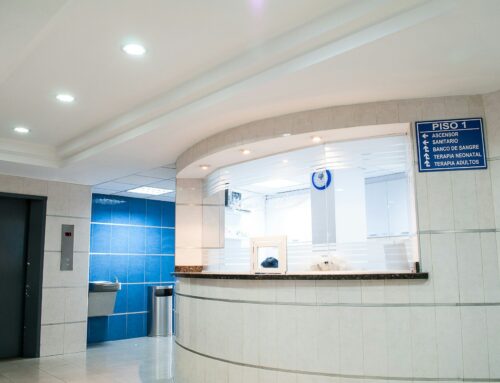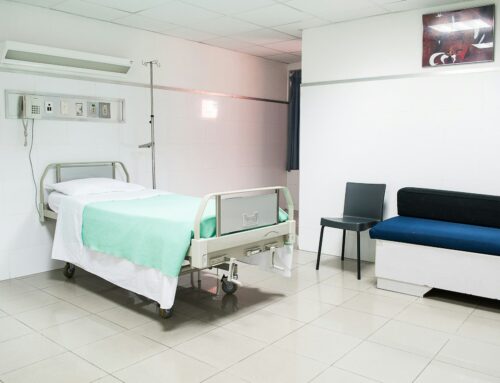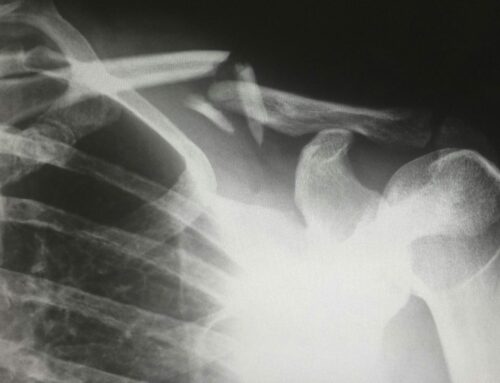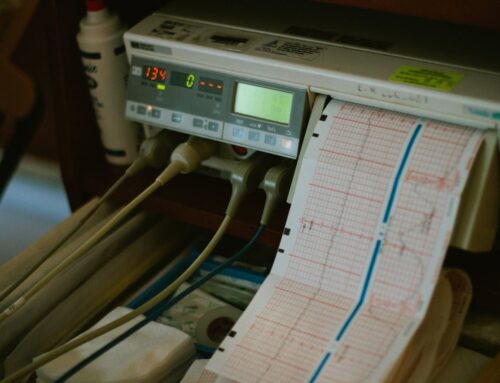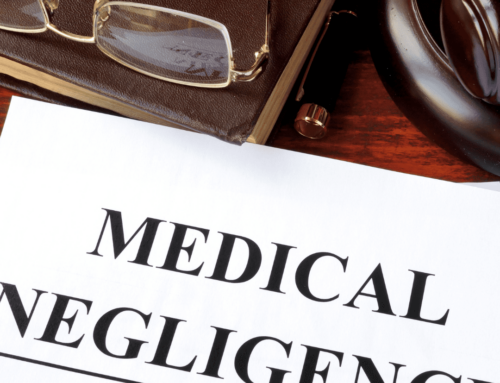In Ireland, the Injuries Resolution Board (formerly known as the Personal Injuries Assessment Board or PIAB) was created to streamline the process of personal injury claims, offering a quicker alternative to court proceedings. The Board handles claims arising from incidents like road traffic accidents and workplace injuries. However, a significant exclusion from this process is medical negligence claims. For individuals affected by medical malpractice, understanding this exclusion is essential in pursuing compensation.
Medical negligence claims are far more complex than typical personal injury cases. These claims require extensive medical evaluations, expert testimonies, and legal analysis to establish fault and secure appropriate compensation. This blog explores why medical negligence claims are excluded from the Injuries Resolution Board, how to file such claims through the courts, and what types of compensation are available to victims of medical malpractice.
What is the Injuries Resolution Board?
The Injuries Resolution Board simplifies the process for most personal injury claims by assessing injuries and determining compensation without the need for a court trial. This streamlined process is well-suited for straightforward cases like road traffic incidents or workplace injuries, where the severity of physical injuries can be easily evaluated, and compensation calculated accordingly.
Why is Medical Negligence Excluded from the Injuries Board?
Medical negligence claims are considered a different category of personal injury. These cases often involve complex medical evidence, where it must be proven that a healthcare provider failed to meet the expected standard of care, leading to patient harm. Establishing negligence in medical cases requires a deep dive into medical records, expert opinions, and often court involvement to resolve the matter. Given this complexity, medical negligence claims are excluded from the Injuries Resolution Board process and must be pursued directly through the courts.
For instance, in our Bladder Injury During Appendectomy case, a patient underwent an appendectomy–a routine surgical procedure–but suffered a bladder injury due to surgical error. The patient required further surgeries and endured a prolonged recovery. Expert medical testimony played a crucial role in establishing that the healthcare provider’s negligence caused the injury. This case highlights the complexity of medical negligence claims and the importance of thorough evidence and expert involvement to secure a favourable outcome for the patient.
How to File a Medical Negligence Claim in Ireland
For individuals affected by medical negligence, filing a claim involves a detailed process that is distinct from the Injuries Resolution Board’s personal injury claims route. Here’s how the legal process unfolds for a medical negligence claim:
- Consult a Solicitor: The first and most critical step is seeking legal advice from a solicitor who specialises in medical negligence. These claims are highly complex, and having an expert guide you through the process ensures that your case is handled correctly from the start. Solicitors will evaluate the merits of your case, gather necessary evidence, and provide legal counsel on the best course of action.
- Collect Medical Evidence: A thorough collection of all relevant medical records is crucial in building a strong case. This includes test results, doctor’s notes, and communications between the patient and healthcare providers. Your solicitor will also request any additional records that might be necessary to prove negligence.
- Obtain an Independent Medical Expert Opinion: One of the key components in medical negligence claims is the opinion of an independent medical expert. This expert will assess whether the healthcare provider’s actions fell below the accepted standard of care, and whether this directly contributed to the patient’s injury or worsened condition. Expert testimony is often pivotal in these cases and helps establish the connection between the negligent care and the resulting harm.
- Statute of Limitations: It’s important to note that medical negligence claims are subject to a strict timeline. In Ireland, claimants typically have two years from the “date of knowledge”—the point at which they became aware that negligence occurred—to file their claim. Acting within this timeframe is crucial to avoid losing the right to seek compensation.
By following these steps and working with experienced legal representation, claimants can effectively initiate and pursue their medical negligence case through the courts. While the process is more involved than the streamlined Injuries Resolution Board system, it ensures that the complexities of medical negligence are thoroughly addressed.
The Court Process for Medical Negligence Claims
Since medical negligence claims are excluded from the Injuries Resolution Board, claimants must pursue their cases directly through the courts. Unlike straightforward personal injury claims, medical negligence cases require a more in-depth legal process to prove that the healthcare provider’s actions deviated from the accepted standard of care. Here’s how the court process typically unfolds for these types of claims:
- Filing the Claim: Once you’ve gathered the necessary evidence and secured expert medical testimony, your solicitor will formally file a claim in court. This document will outline the details of the alleged negligence, the injuries sustained, and the compensation sought. The claim must be supported by comprehensive medical records, test results, and reports from independent medical experts. These documents form the backbone of the case, proving that the healthcare provider’s actions (or inaction) directly caused harm.
- Gathering Expert Testimony: Medical negligence claims heavily rely on the expertise of independent medical professionals. These experts will assess whether the healthcare provider’s actions fell below the expected standard of care and whether those actions caused the patient’s injury. Their testimony is often critical in proving negligence, as it provides the court with an authoritative perspective on whether the care provided was substandard.
- Court Proceedings: After filing the claim, the case may proceed to a settlement negotiation. In many cases, parties aim to resolve the issue before trial, which can save time and reduce costs. However, if no settlement is reached, the case will go to court, where a judge will review the evidence and determine whether negligence occurred. The court will also decide on the appropriate compensation, considering factors such as the severity of the injury and its impact on the claimant’s life.
While some cases can be settled outside of court, the complexity of medical negligence claims often means that full court proceedings are necessary to reach a fair and just resolution.
Understanding Medical Malpractice Compensation
Once negligence is proven in court, the next step is determining the appropriate level of compensation for the claimant. Compensation in medical malpractice cases aims to address both the financial and emotional toll that the injury has taken. There are two main types of damages that can be awarded: general damages and special damages.
- General Damages: These cover non-financial losses, such as pain, suffering, and loss of quality of life. General damages account for the emotional and physical impact of the injury on the claimant. For example, if the injury has led to a significant lifestyle change, such as reduced mobility or an inability to perform daily tasks, the claimant can receive compensation for the loss of enjoyment of life.
- Special Damages: These damages compensate for financial losses resulting from the injury. Special damages include medical expenses (both current and future), lost earnings, and costs related to long-term care or rehabilitation. For instance, in the Bladder Injury During Appendectomy case, the claimant was awarded compensation for the additional surgeries required and the extended recovery period, which affected their ability to work.
Examples of Compensation Components:
- Medical Expenses: Compensation for the costs of surgeries, treatments, and any ongoing therapies related to the injury.
- Loss of Earnings: Claimants can recover lost income due to time away from work and potentially future earnings if the injury has long-term effects on their ability to work.
- Special Care Costs: This includes expenses for home adaptations, mobility aids, and long-term personal care, especially in cases where the injury has led to permanent disability or requires ongoing care.
Medical Negligence Ireland Guide
Our blog Understanding Medical Negligence in Ireland highlights how claimants can successfully secure compensation by providing comprehensive legal and medical documentation. In these cases, it’s crucial for claimants to work closely with their legal team to gather all necessary evidence and expert testimony to ensure a fair and just compensation package.
Understanding how compensation works in medical negligence claims is essential for claimants. With the right legal and medical support, claimants can recover both the financial costs and the emotional toll their injury has taken on their lives.
Why Legal Representation is Crucial in Medical Negligence Cases
Medical negligence claims are among the most complex legal cases to handle. From gathering medical records to coordinating with expert witnesses and navigating court proceedings, claimants face a challenging journey. It is critical to have experienced legal representation to ensure that all aspects of the case are managed effectively.
Experienced solicitors play a vital role in ensuring the success of a medical negligence claim. They assist in gathering the necessary documentation, coordinating expert testimonies, and managing the legal process. Without the guidance of a solicitor who specialises in medical negligence, claimants may find it difficult to gather the evidence required to prove their case. Furthermore, the court process itself can be daunting, with many legal and procedural hurdles that solicitors help clients navigate.
Solicitors also ensure that claimants receive the appropriate compensation for their injuries. By working with medical experts, they can accurately assess the impact of the injury on the claimant’s life, both financially and emotionally. This ensures that any compensation awarded reflects not only the immediate medical costs but also long-term financial losses, such as the inability to work or the need for ongoing care.
Finally, legal representation ensures that claimants are supported throughout the process, providing peace of mind during what is often an emotionally challenging time. Solicitors can help explain the intricacies of the court process, prepare the claimant for what to expect, and advocate on their behalf to achieve the best possible outcome.
Final Thoughts
The exclusion of medical negligence claims from the Injuries Resolution Board is an essential safeguard that ensures these complex cases are handled with the detailed attention they deserve. While this exclusion requires claimants to pursue their cases through the courts, it provides them with the opportunity to secure compensation tailored to the specific impact of the medical negligence they have suffered.
At McElhinney & Associates, we specialise in guiding clients through every step of this process, from filing the initial claim to achieving a resolution. If you or someone you know has been affected by medical negligence, get in touch with our expert team for compassionate and professional legal support.
Disclaimer
In contentious business, a Solicitor may not calculate fees or other charges as a percentage or proportion of any award or settlement.
This information is for guidance purposes only. It does not constitute legal or professional advice. Professional or legal advice should be obtained before taking or refraining from any action as a result of the contents of this publication. No liability is accepted by McElhinney & Associates for any action taken in reliance on the information contained herein. Any and all information is subject to change.
About the Authors
Jolene McElhinney, BBLS, Principal Solicitor
Jolene McElhinney is the founding principal of McElhinney & Associates, renowned for her expertise in employment law and personal injury claims across the North West of Ireland. With a distinguished academic background and over a decade of experience, Jolene is dedicated to providing personalised, expert support to her clients, ensuring they navigate the complexities of the legal landscape with confidence and clarity.

